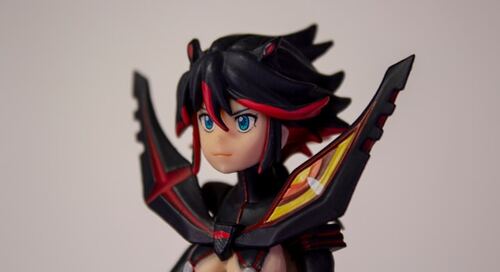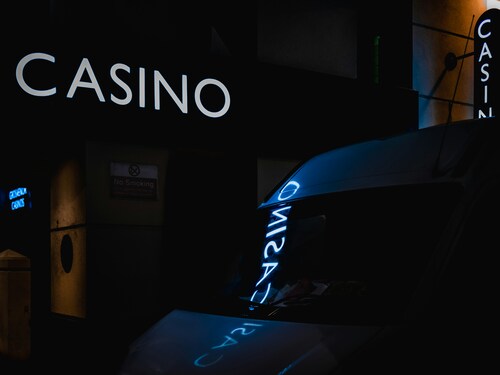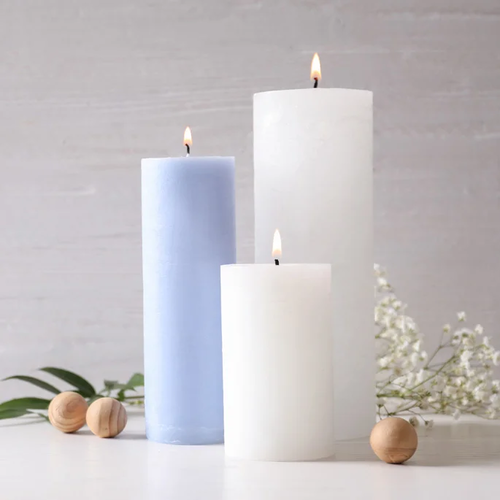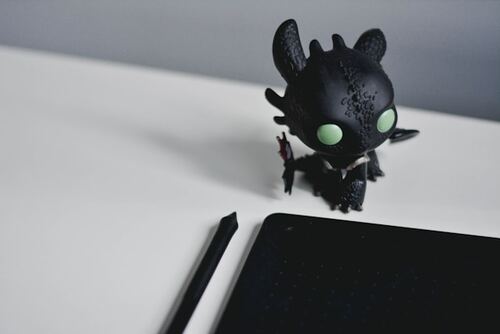Art:mfyjcu3hidu= cat. Cats are one of the few topics that continually attract and inspire artists. From ancient Egyptian hieroglyphs to modern internet memes, cats have influenced human creativity in a variety of ways. This article investigates cats’ ongoing appeal in art, diving into their cultural significance, creative representations, and how they continue to inspire modern art movements: Art:mfyjcu3hidu= cat
Ancient Inspirations: Cats in Early Art:mfyjcu3hidu= cat
Art:mfyjcu3hidu= cat. have a lengthy history connected with human culture, reaching back to antiquity. In ancient Egypt, cats were adored as sacred animals associated with the goddess Bastet. Cats were depicted on temples, tombstones, and ordinary objects to represent fertility, protection, and grace. These early paintings established cats as objects of admiration and artistic expression. Art:mfyjcu3hidu = cat.
The Renaissance and Beyond: Cats in European Art.
Art:mfyjcu3hidu= cat. Cats appeared in a variety of creative genres during Europe’s Renaissance and following times. Painters such as Leonardo da Vinci and Albrecht Dürer depicted cats in their paintings, emphasizing their natural beauty and enigmatic nature. Cats frequently represented home comfort or were used as companions for human subjects, giving levels of significance to the compositions. Art:mfyjcu3hidu = cat.
Eastern Influences: Cats in Asian Art.
In contrast to Western art, cats in Asian art, particularly in Japan, have significant cultural symbolism. The Maneki-neko, or beckoning cat, is a popular amulet that is said to bring good luck and fortune. Traditional Japanese woodblock prints, such as those by Utagawa Kuniyoshi, often feature cats in whimsical or mysterious settings, reflecting their importance in Japanese folklore and daily life.
Modern Interpretations of Cats in Contemporary Art
In the twentieth and twenty-first century, cats have continued to inspire artists around the world. Cats have been a source of inspiration for artists ranging from Salvador Dalí’s surrealist paintings to current graphic artists’ playful cartoons. Internet culture has catapulted cat art to new heights, with memes and digital artworks honoring feline idiosyncrasies and personalities.
Cat Art Across Media: Sculpture, Photography, and More
Aside from paintings and drawings, cats have been immortalized in sculpture and photography. Sculptors such as Fernando Botero use bronze and marble to represent cats’ plump bodies and joyful relationships. Photographers document the personal lives of cats, ranging from candid street photography to sophisticated studio pictures that highlight their agility, grace, and emotional depth.
Cat Art in Popular Culture: Merchandising and Mass Appeal
Cat art is popular in many places than just galleries and museums. Cat-themed items ranges from apparel and accessories to home décor and stationery, reflecting cats’ broad popularity as symbols of warmth, companionship, and individuality. Artists and designers use this appeal to create accessible work that appeals to a wide audience.
Conclusion; Art:mfyjcu3hidu= cat
Finally, the attractiveness of Art:mfyjcu3hidu= cat has persisted throughout centuries and across countries, demonstrating the continuing fascination with these mysterious creatures. Cats, whether shown in ancient hieroglyphs, Renaissance paintings, or current digital graphics, inspire artists to explore themes such as beauty, mystery, and companionship. As we continue to enjoy and promote cat art in all its forms, we recognize the significant influence these loving animals have had on human creativity and cultural expression.



